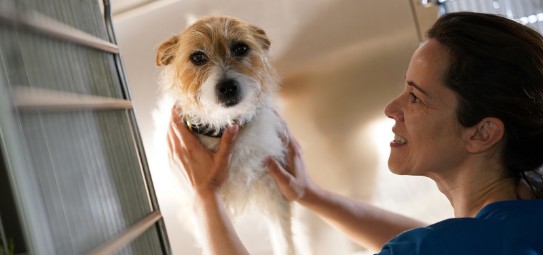
Guinea Pig FAQs: A Guide to Caring for Your Squeaky Friend!
June 13, 2024
Looking to provide the perfect home for your adorable guinea pig, or pigs? We’ve got you covered! Here at Alpha Vets in Teddington, our Vet Darren Partridge, has compiled answers to the most frequently asked guinea pig questions. Whether you’re a new owner or just looking for a refresher, this guide will help you help your little friend live a happy and healthy life.
Got a question after reading? No worries! We’re always happy to help. Schedule a consultation with one of our experienced vets or register your guinea pig with our practice using the links below.
Let’s dive into the world of guinea pigs!
Guinea Pig FAQs
1. What should I feed my guinea pig?
Your guinea pig thrives on a diet rich in vitamin C! Darren recommends a combination of:
- Fresh Hay: Provide unlimited access to good quality hay like Timothy hay. It’s essential for their gut health and keeps their ever-growing teeth worn down.
- Fresh Vegetables: Offer a daily variety of chopped veggies like bell peppers, cucumber, and leafy greens (avoid iceberg lettuce).
- Guinea Pig Pellets: A small amount of high-quality guinea pig pellets daily provides essential nutrients.
- Fresh Water: Keep a bottle of fresh water available at all times.
2. How often should I clean my guinea pig’s cage?
Darren recommends spot cleaning your guinea pig’s cage daily to remove soiled bedding and waste. For a sparkling clean home, do a thorough clean at least once a week. This includes replacing all bedding and wiping down the cage with a pet-safe disinfectant.
3. Does my guinea pig need a friend?
Guinea pigs are social creatures and do best with a companion. If you can, consider adopting a same-sex guinea pig for them to bond with. This will keep them company and prevent loneliness.
4. How can I tell if my guinea pig is sick?
Darren shares five signs your guinea pig might be unwell:
- Loss of appetite or weight loss
- Lethargy or unusual inactivity
- Difficulty breathing or wheezing
- Wet fur or diarrhoea
- Discharge from the eyes or nose
If you notice any of these, contact Alpha Vets in Teddington promptly. Call us on 0208 943 2303 to schedule an appointment.
5. What are some common health problems in guinea pigs?
Guinea pigs can be susceptible to:
- Dental Problems: Overgrown teeth due to insufficient chewing. Hay and chew toys help maintain healthy teeth.
- Respiratory Infections: Caused by drafts or dirty bedding. Keep their cage clean and avoid sudden temperature changes.
- Gastrointestinal (GI) Stasis: A serious condition where digestion slows down. If you notice bloating or lack of droppings, call us immediately on 0208 943 2303.
6. Can guinea pigs be litter trained?
Yes! Place a litter box filled with guinea pig-safe litter in their cage. Encourage them to use it by placing some of their droppings inside. Removed soiled litter daily and clean the litter box weekly to keep their cage fresh and prevent fly strike.
7. How much exercise does my guinea pig need?
Your furry friend needs daily exercise outside their cage. Provide them with a safe, guinea-proofed area to explore for a few hours each day. Consider exercise pens, play tunnels, or a secure outdoor run.
8. How long do guinea pigs typically live?
With proper care, guinea pigs can live for 4-8 years! Darren advises that regular vet check-ups and a healthy diet are key to a long and happy life – book a check-up now.
9. How can I keep my guinea pig’s nails trimmed?
Darren advises that guinea pig nails grow continuously and may need regular trimming to prevent them from getting overgrown and uncomfortable. Ask your vet to show you the proper trimming technique during a check-up.
10. What are some fun things I can do with my guinea pig?
Guinea pigs are curious and enjoy interaction. Here are some ideas:
- Lap Time: Cuddle your guinea pig on your lap for some relaxed bonding time (always supervise children with guinea pigs).
- Hide & Seek Veggies: Hide small pieces of veggies around their cage and let them sniff them out.
- Tunnel Time: Provide fun tunnels for them to explore and hide in.
- Treat Tubes: Stuff a cardboard tube from a toilet or kitchen roll with hay mixed with guinea-pig-safe vegetables.
We hope this whistle-stop tour of guinea pig care has been helpful! Remember, our friendly team at Alpha Vets in Teddington are always here to answer any questions you might have.





